However, currently, localities have not met the number of civil servants in charge of education and training, leading to certain difficulties in the implementation process, affecting the operation of educational activities in localities.
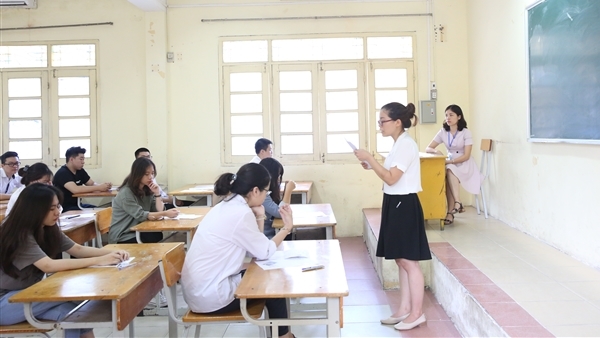
According to statistics from the Ministry of Education and Training , after more than 1 month of operating the two-level local government, the assignment and arrangement of specialized departments under the People's Committees at the commune level in general and the team of commune-level civil servants in charge of education and training in particular are not suitable for the job positions and the current number of people; not meeting the requirements for performing the tasks of the education sector in terms of quantity, qualifications, and professional and technical capacity.
Currently, many Departments of Culture and Society can only arrange one professional civil servant in charge of the education sector. About 50% of commune-level administrative units do not have leaders or officials with experience working in the education sector. A quick survey by the Ministry of Education and Training based on data of about 1,000 civil servants who have been assigned to work at the Department of Culture and Society at the commune level, 303 people have worked at the old Department of Education and Training, 395 people have professional qualifications trained in pedagogy and education, the rest have training qualifications in other sectors and fields, many people do not have expertise in education, and have never had experience working in education.
There are localities where only 20% or less than 30% of commune-level education officials have professional qualifications or work experience in the education sector. This reality also significantly affects the operation of education activities in localities such as not closely following the reality of schools, especially issues of staffing, universal education, and enrollment.
Mr. Nguyen Minh Chau, Chairman of Tan Giang Ward People's Committee ( Cao Bang ) said that Tan Giang Ward currently has 12 educational institutions, including all levels from preschool to secondary school with a scale of 124 classes and 3,541 students. When implementing the new government model, the commune and ward governments are located right in the locality, so they can best understand the circumstances, needs, and specific desires of the people, parents, and students; at the same time, save staff, streamline the apparatus when reducing the level of the Department of Education and Training; increase autonomy and flexibility for the commune and ward levels. When the commune level is assigned direct management authority, it will also be more proactive in developing local education development plans; more proactive in managing and using facilities, upgrading plans, building new ones, repairing, and purchasing equipment.
However, Mr. Chau also admitted that the biggest difficulty at present is that the staff working in education at the ward and commune levels is too thin. In Tan Giang ward, only 36/135 commune-level staff have pedagogical qualifications, the rest are mainly specialized in administrative management. Meanwhile, educational management has its own characteristics, requiring understanding of the program, teaching methods, student psychology, management of the teaching staff and many other specialized tasks, not just administrative management.
From the above reality, Mr. Chau suggested that it is necessary to supplement and allocate the number of civil servants with education expertise at the commune and ward levels appropriately, in accordance with the reality of each locality to reduce the overload situation for officials. In Nghe An province, according to preliminary statistics, the whole province has 130 communes and wards, but currently only 40 communes and wards have experts or leaders of the Department of Culture and Society from the education sector, so they have been facing many difficulties in implementing their tasks.
Not only in remote areas but also in the capital Hanoi, the arrangement of the number of civil servants performing state management of education at the commune and ward levels is also posing many challenges. According to Mr. Tran The Cuong, Director of the Hanoi Department of Education and Training, the city currently has 212 out of 347 civil servants of the Department of Culture and Society assigned to be in charge of education with a teaching degree. Among them, there are cases of preschool professional expertise, but they are in charge of both primary and secondary schools, so it is very difficult. The temporary solution being proposed by Hanoi is to establish clusters, each cluster basically has the same scope as the previous district, to support, resolve questions and implement activities such as organizing competitions, recruiting teachers, allocating education-related quotas; seconding education staff from the grassroots to support communes and wards that still have difficulties in professional work; increasing training for education staff at the commune level; Thoroughly apply information technology and digital transformation, typically in primary school admissions.
Mr. Thai Van Tai, Director of the General Education Department, Ministry of Education and Training, said that after implementing the two-level local government model, the assignment and decentralization of responsibilities between levels of government and professional agencies were clearly defined. In which, the Department of Education and Training plays a leading role in professional guidance, while the People's Committee at the commune level undertakes direct management in the area, creating effective coordination. However, Mr. Tai also admitted that there is currently a situation where the commune level issues professional documents beyond its authority, due to old habits when officials used to work at the Department of Education and Training. To rectify this situation, the Ministry of Education and Training has directed the organization of inspection teams in 34 provinces in the coming time, each team working with 5-6 Departments of Education and Training to grasp the current situation of implementing the two-level local government. After the inspection, the Ministry will issue a document guiding the implementation, avoiding exceeding its authority.
In addition, the Ministry will also compile a Q&A handbook and send it to localities immediately to serve professional work. Deputy Minister of Education and Training Pham Ngoc Thuong also said that in the current context, if management levels do not listen, share, understand, work together to solve problems and create together, the task of state management of education at the commune and ward levels will be full of challenges. Deputy Minister Pham Ngoc Thuong also emphasized a number of tasks that need to be promoted in the coming time, which are to study the system of documents, especially the documents that the Ministry of Education and Training has digitized and sent to localities, then organize implementation, start working, summarize difficulties and problems, promptly report to competent authorities to find solutions.
Source: https://cand.com.vn/giao-duc/bo-sung-sap-xep-hop-ly-cong-chuc-giao-duc-cho-cap-xa-phuong-i777963/








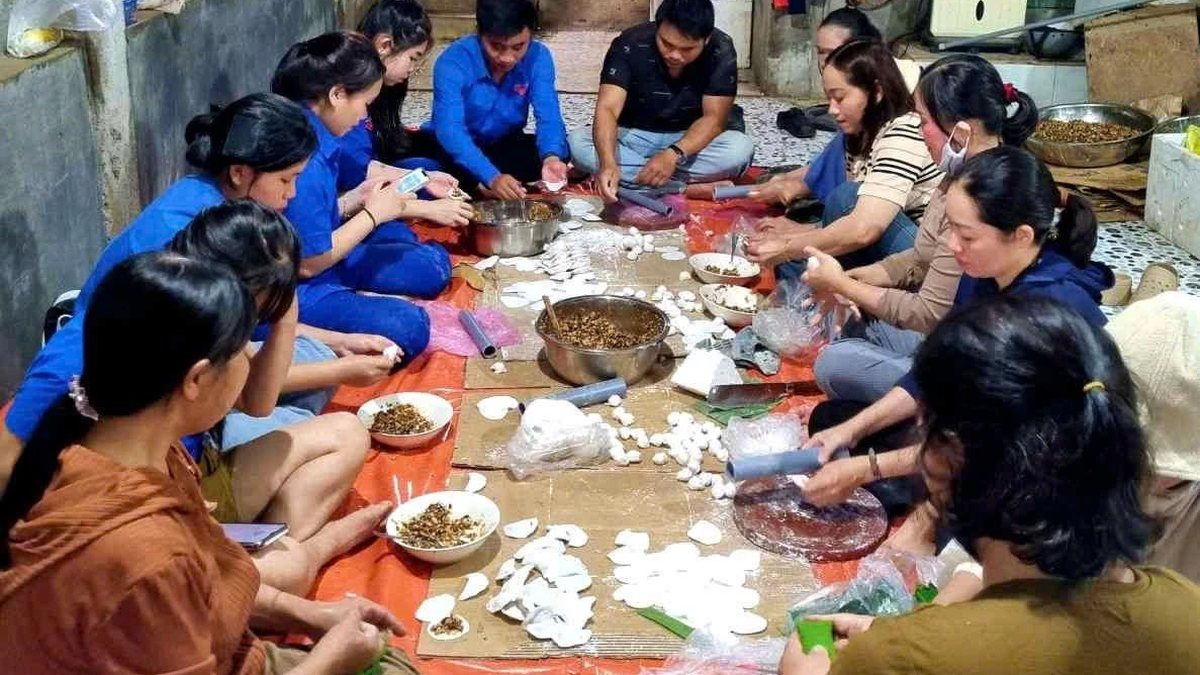
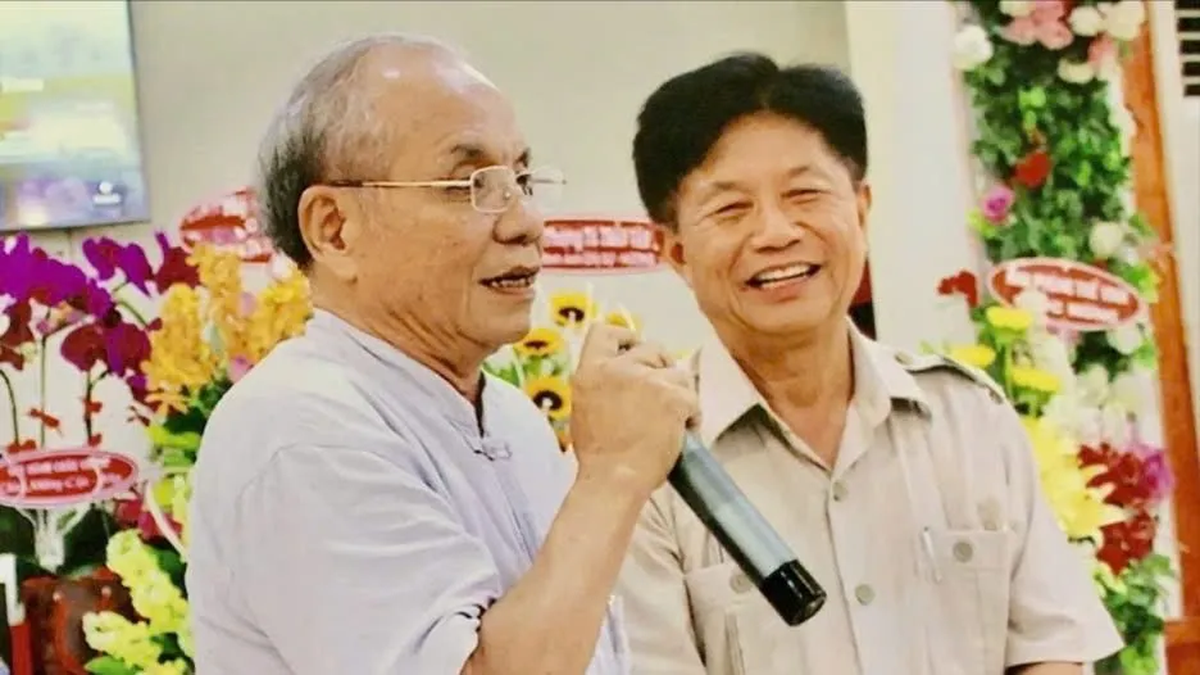

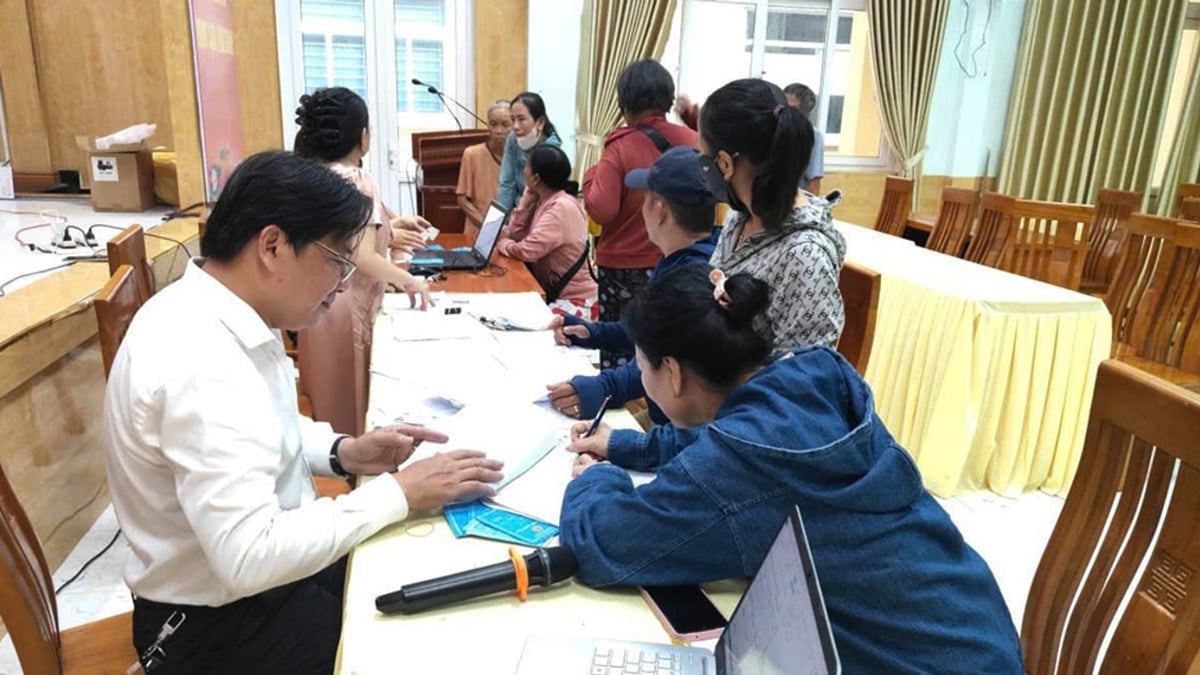










![[Photo] Prime Minister Pham Minh Chinh attends a special art program called "Hanoi - From the historic autumn of 1945"](https://vphoto.vietnam.vn/thumb/1200x675/vietnam/resource/IMAGE/2025/8/15/c1c42655275c40d1be461fee0fd132f3)

![[Photo] The special solidarity relationship between Vietnam and Cuba](https://vphoto.vietnam.vn/thumb/1200x675/vietnam/resource/IMAGE/2025/8/15/5f06c789ab1647c384ccb78b222ad18e)
![[Photo] Firmly marching under the military flag: Ready for the big festival](https://vphoto.vietnam.vn/thumb/1200x675/vietnam/resource/IMAGE/2025/8/15/86df2fb3199343e0b16b178d53f841ec)
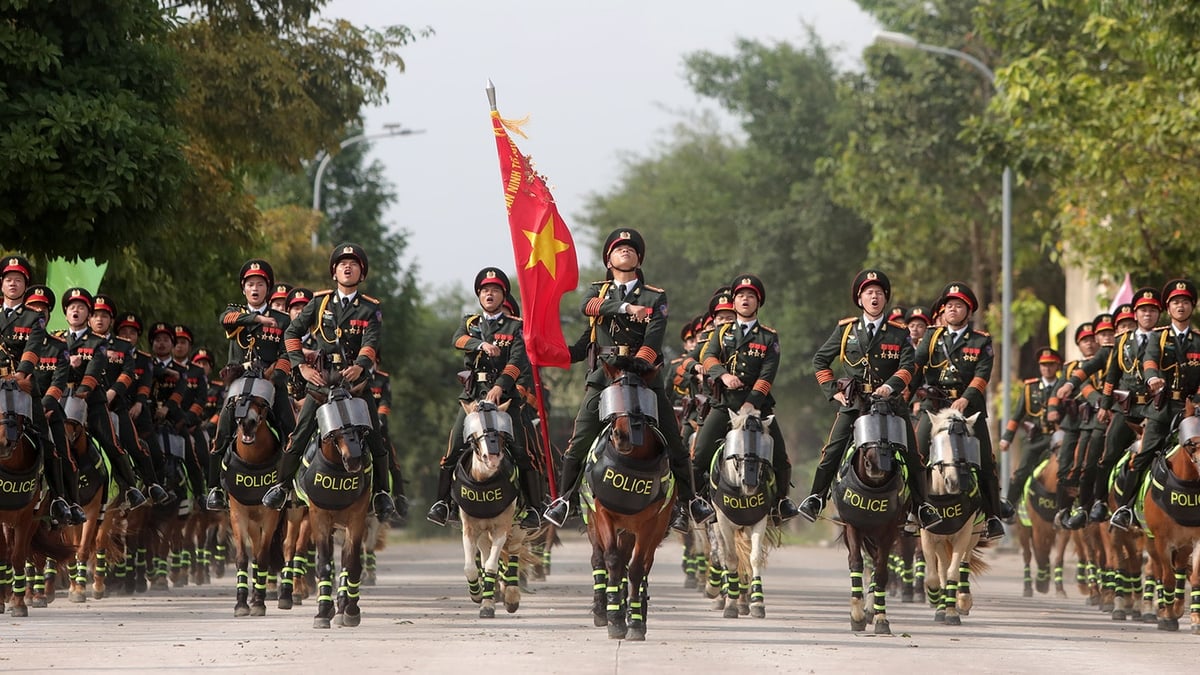


![[Photo] Prime Minister Pham Minh Chinh talks on the phone with Cambodian Prime Minister Hun Manet](https://vphoto.vietnam.vn/thumb/1200x675/vietnam/resource/IMAGE/2025/8/15/72d3838db8154bafabdadc0a5165677f)

![[Photo] Binh Khanh Bridge Ho Chi Minh City is ready to reach the finish line](https://vphoto.vietnam.vn/thumb/1200x675/vietnam/resource/IMAGE/2025/8/14/b0dcfb8ba9374bd9bc29f26e6814cee2)





















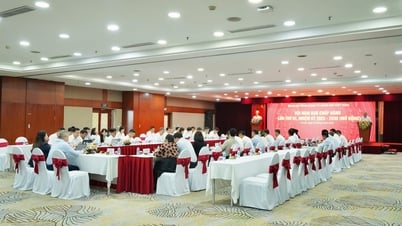





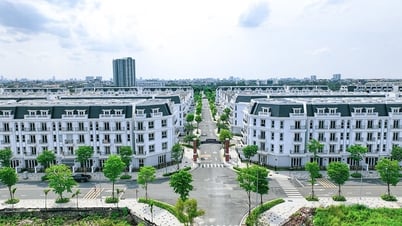
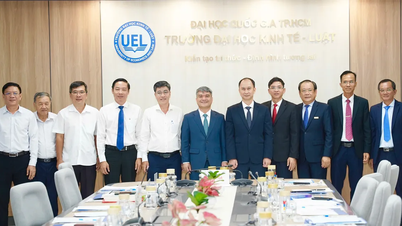

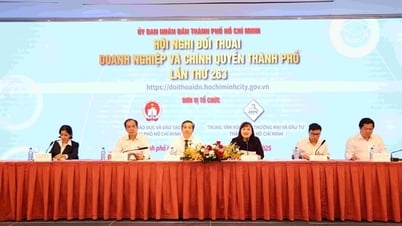


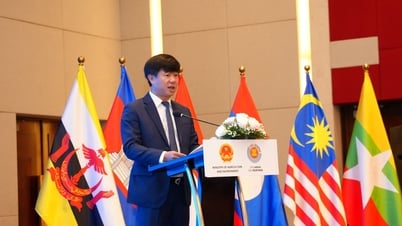

![[Photo] President Luong Cuong receives Finnish Ambassador to Vietnam Keijo Norvanto](https://vphoto.vietnam.vn/thumb/402x226/vietnam/resource/IMAGE/2025/8/15/9787f940853c45d39e9d26b6d6827710)


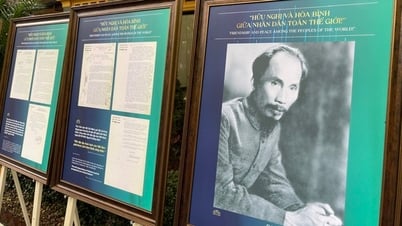


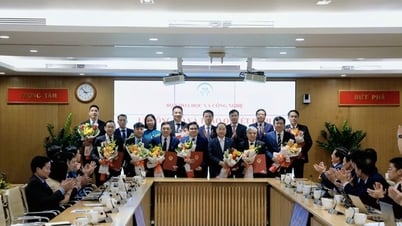



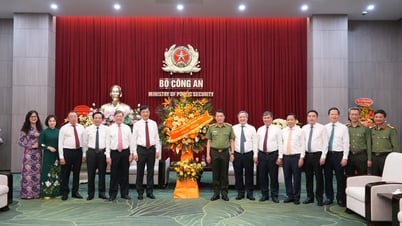























Comment (0)